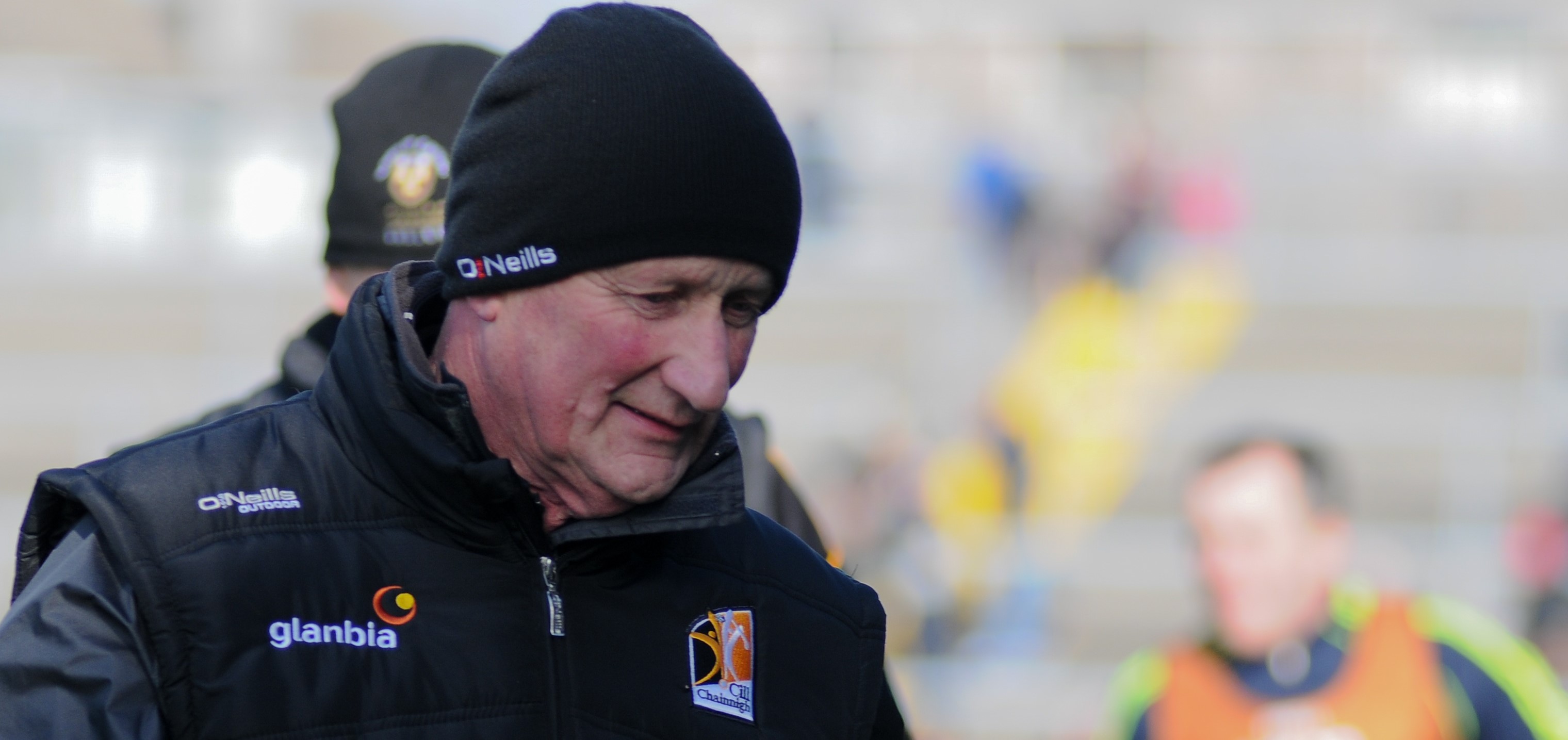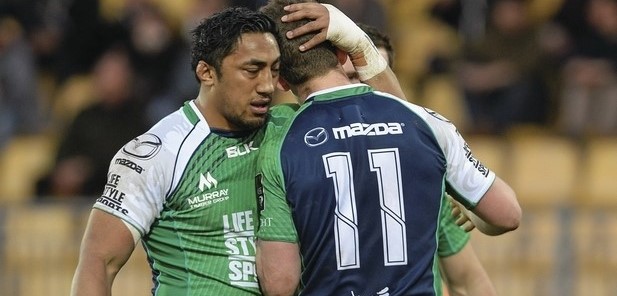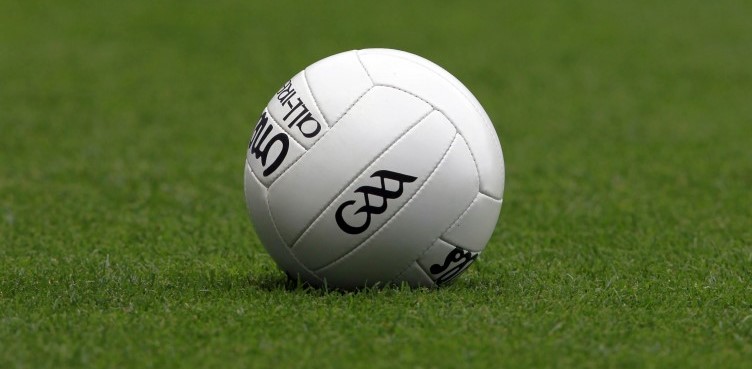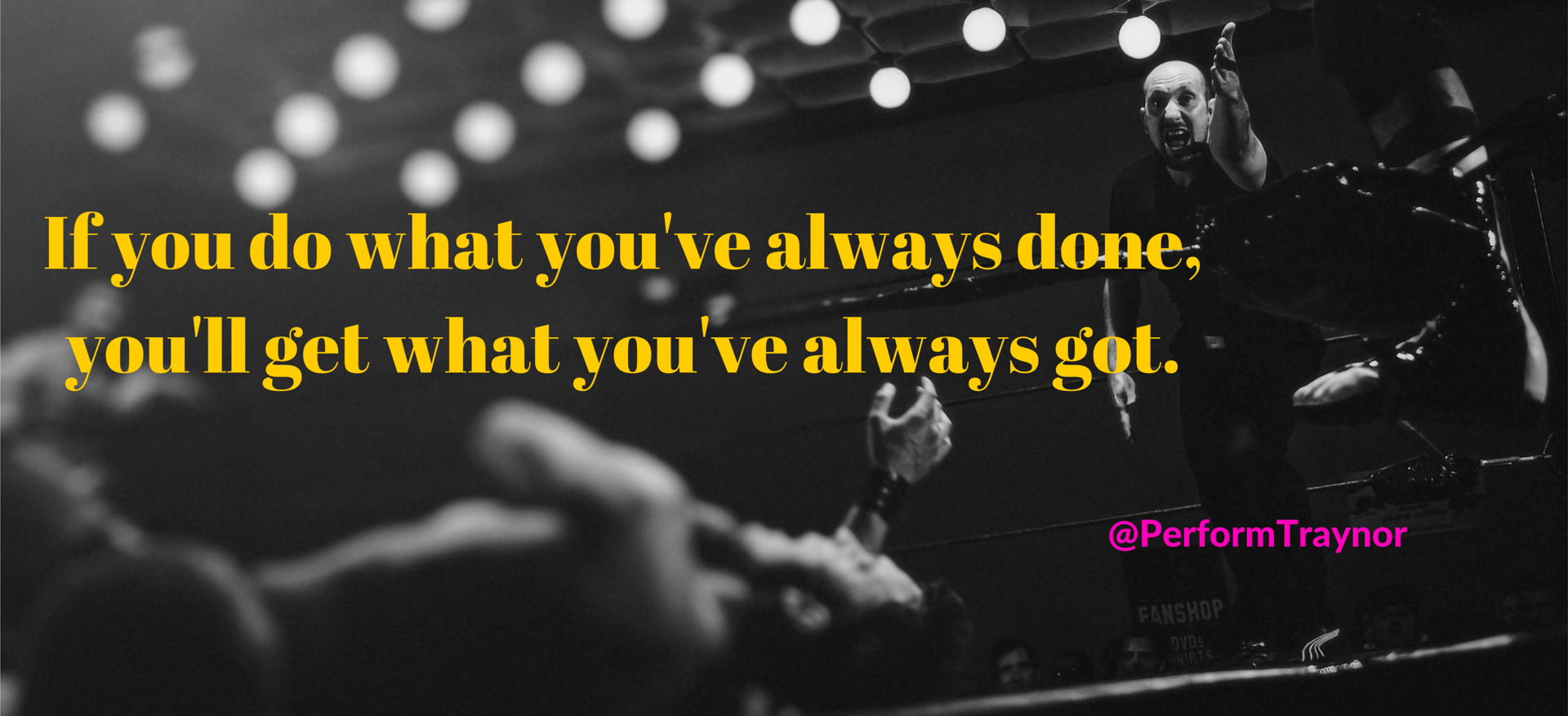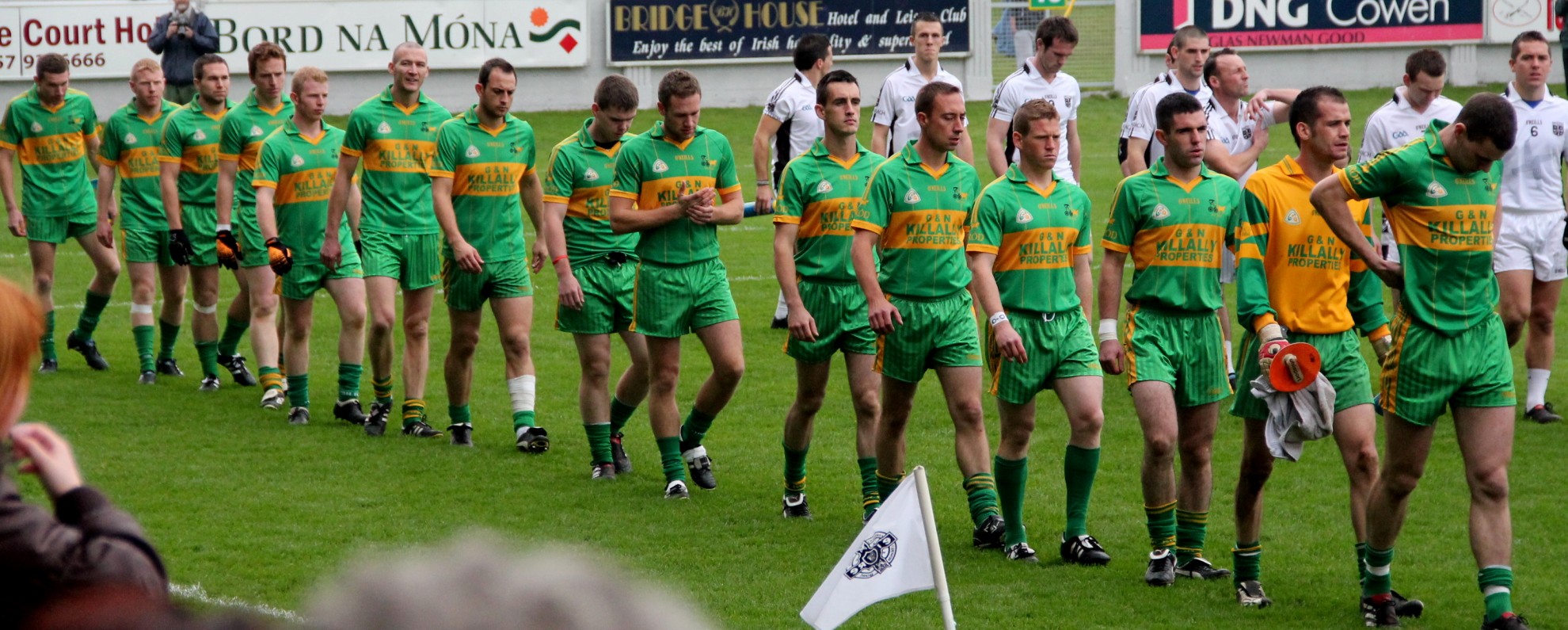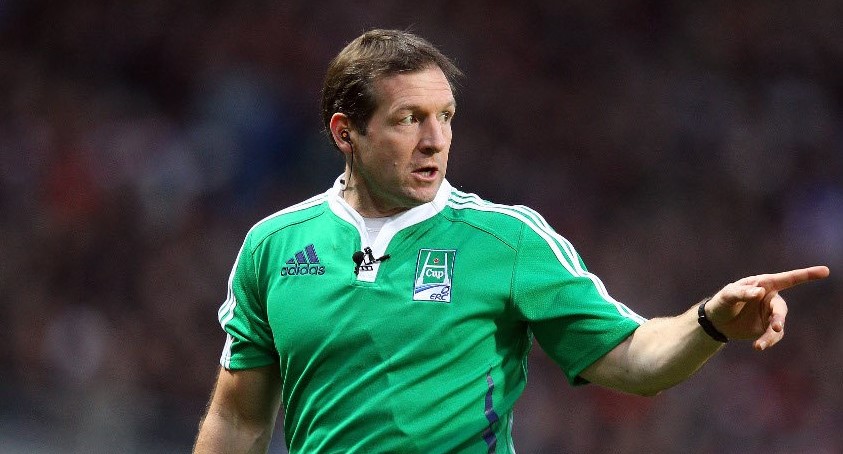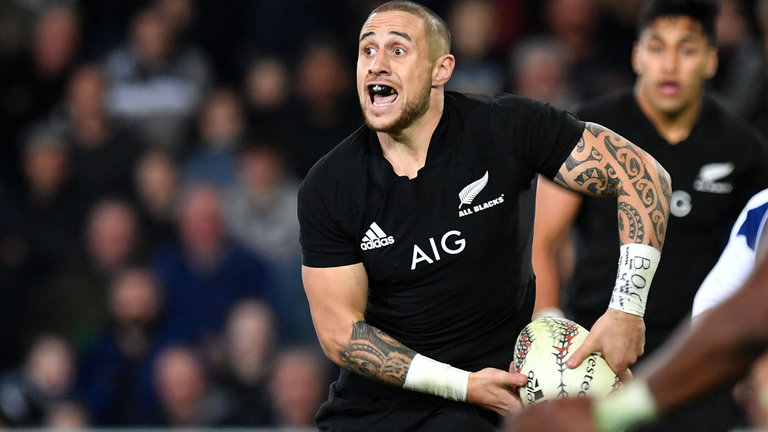The Sunday Times
Brawn again
Fiona McBennett
June 19 2016
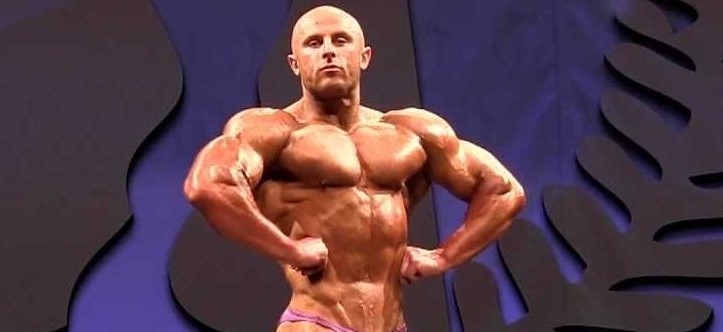
Bodybuilding is not for the faint of heart, whether you are taking part or watching. When it comes to pursuing the sport competitively, an important mental attribute is a love of deprivation and misery, according to Loughlin Gannon, one of Ireland’s best-known competitors. “It’s a bizarre sport in every sense,” he says. “I’ve come to believe bodybuilders are not normal in any context.”
Gannon, 31, has won countless competitions since he was 16, including Mr Ireland two years ago. The Wexford man now has his sights on Mr World — the ultimate title for a bodybuilder. Preparation for competitions is arduous, with months of “bulking” through weightlifting and frequent meals, followed by weeks of “cutting” via intense cardio training on a strict diet. In the days leading to a competition, even water intake is restricted to help sculpt the perfect stage body. “Pre-contest bodybuilding is not healthy — it’s a massive level of stress,” admits Gannon. “It’s hard to understand why you keep doing it, but something keeps dragging you back. You have to be a bit warped to put yourself through it.”
Muscle man competitions date from 1891 but did not enter popular culture until the 1960s, when future Terminator star Arnold Schwarzenegger swaggered on to the Mr Universe stage in tiny briefs, flexing his supersized muscles.
For a long time bodybuilding was considered a freakish fringe activity or the choice activity of steroid abusers, but in recent years it has gone mainstream. Social media is saturated with posts of toned abs, macronutrient diet plans and personal bests. Gannon is sceptical, saying the “Instagramification” of his sport diminishes its true spirit. “I hate what the industry has evolved into. I love seeing someone lose a few pounds or reach a goal in the gym, but these things have become grossly diluted among the ‘smoke and mirrors’ type of pictures on social media today. It seems more about ‘likes’ than sticking it out and making real progress.”
However, bodybuilder Rachel Lawlor reckons social media has led to growth in the sport’s female community. “When I did my first competition there were 12 women in my category; last year there were 17. It’s popular now for women to lift weights and be strong,” she says. Dubliner Lawlor, 34, fits her training regime around her job as a PA and says colleagues are used to her training schedule. “They have been really supportive and don’t mind me eating at odd times,” she says. “They bought me a bunch of flowers and a black coffee for my birthday last year, as I was preparing for a competition and couldn’t have cake.”
Not surprisingly, the life of a bodybuilder can seem restrictive to those on the outside, but according to Chris Traynor, a Dublin-based sport psychologist and performance analyst, the sense of discipline and structure it requires is one of the main reasons people are drawn to it.
“It’s empowering for bodybuilders to feel in control of their lifestyle, to have the willpower and discipline to eat and train in line with their plans,” he says. “By setting and completing goals on a daily basis, bodybuilders improve self-efficacy and self-confidence, which in turn increases their motivation to persist in training.”
Competitions take priority for bodybuilding couple Vinny Gough and Fionnula McHale. Gough, 30, was male fitness model world champion at the World Beauty Fitness and Fashion (WBFF) show in Las Vegas last year. McHale, 32, a two-time European powerlifting champion, came first in her category at the International Fitness Championships in London last year. “Second place is never going to be good enough — that’s just the way we are,” says McHale. “When you have that mindset, you’re going to do 100% of what’s required of you, and we do that.”
Lifting weights became a focus for Gough after he was injured in his final year in Castleknock College, ending a promising rugby career. He opened a gym in Dublin, worked as a fitness model, and is now a personal trainer at Fitness First on Baker Street in London. Preparing for last year’s WBFF show was physically and mentally draining.
“I weighed 95kg and had to get down to 83.8kg for the competition, so I had to eat very little and spend two hours on the bike doing cardio every day just to burn off muscle,” he says. “I was lethargic and my mood dropped. But to be on top of your game, everything else in life must take second place.”
McHale, a Galway native who works in London and Dublin in functional medicine, misses the preparation once a show is over. “It’s a bit of an anticlimax after a competition because you’re so used to every hour and every gramme of food and fluid being measured to the extreme,” she says. “You’re checking your weight every day — sometimes twice a day — and it takes time to get used to not doing that any more.”
Professor Carel le Roux, co-director of the metabolic medicine group at the Diabetes Complications Research Centre in University College Dublin, says bodybuilders have some of the best diets of all athletes because they are so conscious of the nutritional content of everything they eat. However he doubts the value of muscle-building shakes and drinks. “Sportspeople often use protein supplements to help with the recovery after exercise, because they often can’t eat enough to give them the protein they require,” he says. “Many bodybuilders take creatine [an amino acid] to enhance recovery so that the muscle-building process is faster. However, the scientific evidence to say that it really makes a difference is weak.”
When it comes to reactions to her lifestyle, McHale gets mainly positive comments. “Most people think it’s great, but some girls on social media will say it’s too masculine or not attractive,” she says. “For me, this is what I enjoy, and there are women who feel it’s inspiring to see me lifting heavier weights than most men. It’s empowering, and I’m not going to change. I love what I do.”
